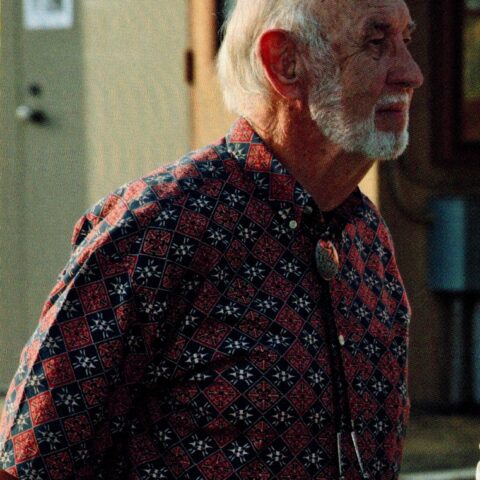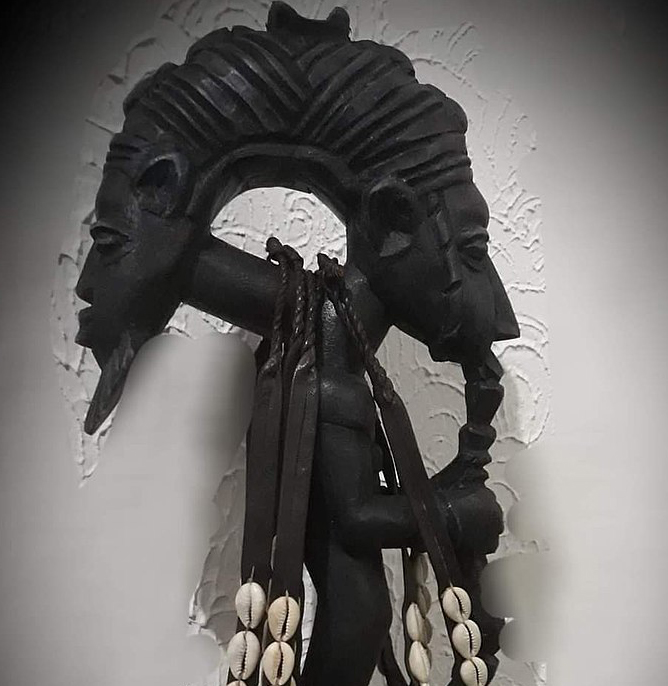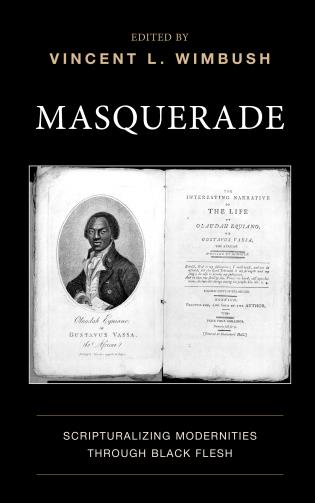‘Masquerade: Scripturalizing Modernities Through Black Flesh
March 13, 2022
Conversations on Scripturalizing
March 22, 2022BURTON L MACK—A PERSONAL TRIBUTE

Burton L. Mack has passed from us. His life (1931-2022), like every life, was, over the passage of time, different aspects of different selves. I was privileged to know a few of the aspects of the selves of Burton Mack (beautifully complemented by the smart and gracious BJ).
Mentors, supporters, colleagues, friends—these always count, always make a difference. But there is something especially significant about having (the support of) a senior academic/intellectual colleague in the field as one begins a teaching career in a graduate school situation, never mind the fraught situation that is the theological school. This is what I had in Burton Mack as I began my career at the (currently named) Claremont School of Theology back in the 1980s, considered one of the high stations in the North American landscape of theological and religious studies.
As far as I could discern and feel what was going on around me at the time of the first encounter, Mack was supportive of the school having found acceptable in the faculty search what I seemed to represent (in the collective consciousness)–“a Black!”—and “in Bible!” As Mack and I began our subfield collegial relationship, we discovered that the two of us were from different but of course complexly overlapping worlds. We sensed that we shared something, something somewhat meta-verbal at the time, not discussed frankly and in a sustained manner for years—this was a strong conviction that the field of biblical studies was (to put it delicately) not what it could or should be in our shared complex times and situations. As a junior scholar, I had tried my best to perform the conventional expectations. But I very soon showed myself and others to be a(n) (intellectual/field) runagate. As for Mack, he threw himself ever more deeply into what he considered the radical ends of what we both nonetheless considered the (colonial-cum-U.S. christian nationalist) project that was christian origins. (How many layers, refractions, of Qs will it take to get to the truth of things, to get to the Originary impetus of our/white nationalist formation?) On more than one occasion Mack told me “It’s all wrongheaded. It won’t work. It’s-b*#*^%t!”!” That is, in the strong and not so delicate words only Mack could use that signify the futility of the project into which he and I and most others in the fields (ours especially but also almost all others—scriptural studies all) were formed, he came to a point of exasperation, discouragement, even rage. Rage about what (too) many were mimetically obsessed with.
Yet Mack continued. During the past several years, well into emeritus/senior status, through his voluminous and often brilliant writings he worked, it seemed to me, rather feverishly to show what his roilings were about–not Jesus, not Paul, not Qs, but modern white christian nationalisms, the formation and maintenance of such through discursive/textual play. And I think he had some hunch that I, from another (embodied) starting point—with my interest focused on naming the black-enfleshed as interruption, and as window onto and mirror for modernities—was haltingly at work on such matters. This is because he noted that I was convinced that intellectual work that did not attempt to account for the practices and effects of the hyper-scripturalization of our flesh—his and mine, in real (modern) time, as representatives of all—would ultimately not be worth focused effort.
Mack and I did not work in intentional concert on these matters. I do not know what he thought about what I was up to; but I know from our conversations that he kept eyes on my development and efforts (including what ISS was up to). And I continued to read his books and to “read” him. His passing makes me an even more lonely but ever more determined runagate.
There is to be shared this one final note–of encouragement: although that physical presence, with its trenchant argumentativeness, along with that hearty and haunting laughter, will surely be missed, far beyond the circles of guild and extra-guild conversation partners he created and/or shaped readers, I predict that henceforth in overlapping academic fields and in no fields at all, certainly wherever there is heightened and expansive awareness of fraught social situations in the western world and the need to try to understand what happened and why, in such situations the curious and the determined will not be able to ignore in Mack’s legacy of compelling public scholarship pointed and withering critical analysis of the psycho-social-political and his compelling challenge about some ways forward.
Vincent L. Wimbush
Institute for Signifying Scriptures
17 March 2022





